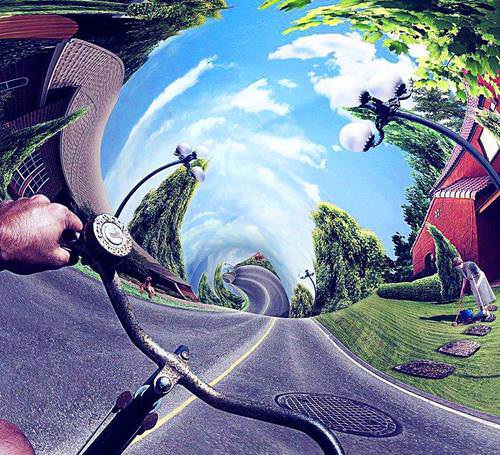What Is LSD?
LSD (lysergic acid diethylamide) is a semi-synthetic hallucinogen with psychedelic properties, originally derived from the ergot fungus in 1938. Commonly known as “acid,” LSD causes users to experience altered perceptions, sensory distortions, and other hallucinations. Gaining notoriety during the 1960s drug pandemic, LSD is considered non-toxic and not physically addictive, though psychological addictions occur.
What Does LSD Look Like?
Pure LSD does not take on color or scent and tends to have a bitter taste. While LSD is solid in its purest form, it can be absorbed into the paper, known as “sheets of acid”—often sporting small, colorful designs with cartoon characters or drawings. LSD can also be absorbed into sugar cubes or fashioned into gelatin.
How Is LSD Used?
Historically, LSD has been used experimentally in a wide variety of settings. Under the brand name Delysid, LSD was once used in psychiatry in the late 1940s as a therapeutic tool. During the 1950s, LSD was used by the CIA in a research experiment to unwitting agents, military members, government employees, and public members. During the 1960s, recreational use of LSD skyrocketed, leading to the criminalization of LSD. Today, LSD is often used at underground raves, by college students at parties, as a “trip drug” that can create hallucinatory and multi-sensory or cognitive distortions.
LSD is usually taken orally as a drug, often by licking, sucking, or eating blotter paper, jellos, or sugar cubes. In addition, liquid LSD can be taken through syringes via injections into the veins or between muscles. LSD can also be encapsulated into gel caps or taken in pill form when combined with binders. Users tend to feel effects with relatively small doses, measured in micrograms—measurements exponentially smaller than most those used for most drugs.
Is LSD Legal?
LSD remains illegal in the United States, classified as a “Schedule I” drug. Currently, it is unlawful to have LSD and manufacture, distribute, transport, or sell the substance.
How to Contact Passages Malibu
Call Passages Addiction Treatment Centers today if you or a loved one is battling an addiction to drugs and alcohol. Our admissions department is available 24/7 and can be reached directly by calling our toll-free number at (888) 397-0112. We look forward to speaking with you soon.
Passages, Where Addiction Ends and Life Begins™
Follow Passages Malibu on Facebook, Twitter, and Instagram.
